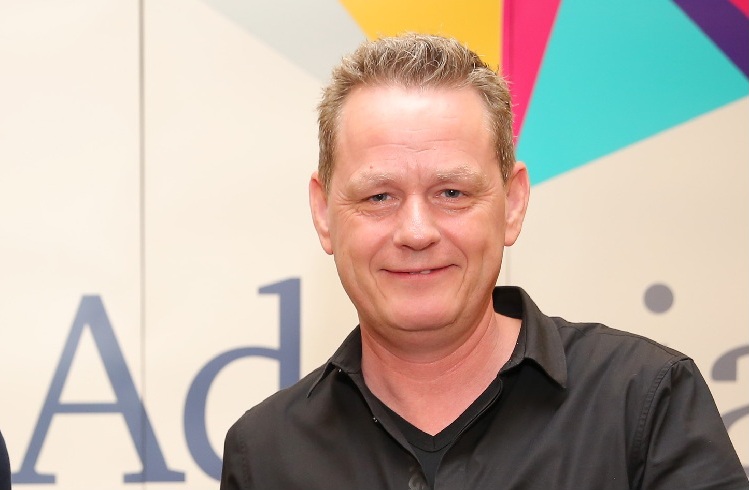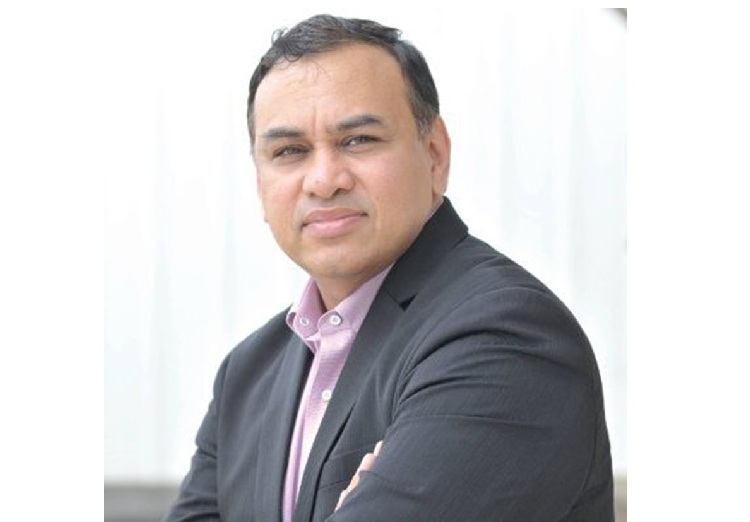Renowned author and brand guru Martin Lindstrom engaged the audience at AdAsia2017 with a detailed presentation on why Small Data matters in the age of Big Data. “The most accurate forecasters depend on both logic (big data) and intuition (small data),” he said.
Companies have tons of data but no information, said Lindstrom. Citing the example of Lego, he mentioned that the return of the small Lego bricks resulted in a 31 per cent profit increase. Ironically, these bricks had been phased out earlier based on big data recommendations.
Taking another example, he pointed out to Google data being used for tracking flu outbreaks he said the Centre for Disease Control got it wrong because it was worried about co-relation and not about causation. His advice: “Trust your instinct. There should be a fine balance between big and small data.” In other words, the balance between logic and intuition.
“Small Data is the foundation for breakthrough ideas or transformative ways of turning around brands,” he said and added that both big and small data have to work together. He proceeds to mention about his most unusual meeting with the founder of Ikea, Ingvar Kamprad. Once, on a visit to meet him, Lindstrom was told by employees that the boss would be at his favourite spot. He was pleasantly surprised to see Kamprad at the cash counter.
On enquiring, he discovered that Kamprad sat at the counter to see the eyes of his customers. “He wanted to live with them and dream with them,” he said.
He says that these legends trust their instincts and puts forth an important take-away. While most of marketing is focused on customer ‘wants’, Lindstrom says it’s most important to understand how the customer wants to ‘feel’ when they use your brand. He draws a parallel with scripts written by Alfred Hitchcock who wrote two scripts -- a blue script and a green script for every scene. One script described the scene in detail, while the other outlined how the actors were feeling in each scene.
He says that one of the big problems facing the world today is that people are rarely, truly present and that partly explains their irrational behavior. Humans are never meeting people, never getting bored because of engaging with their cellphone. As a result, they never reflect and the by-product is they are losing their creative side.
“Transformation is fading away,” he says. One study among children in the age group of 15-18 years showed that 1/3rd of kids looked at their phone in the shower. “It’s all merging together. There is no pause and no reset leading to a very slow brain,” he said.
Among the older age groups he added that to reset their lives, the demand for cruise holidays was at an all-time high. “It is the gap between being in balance and out of balance which represents the opportunity for a brand,” he states.
“Creativity combines two ordinary things in a new way. Being creative is to have courage in the sea of a big data influence,” he told the audience.




